I recently asked Bard, Google’s conversational chatbot, whether artificial intelligence would replace teachers. Here’s what it said, “It is unlikely that AI will completely replace teachers in the near future.”
I agreed.
During a poetry night, I remember joking with a friend that it takes a broken heart to nurture and heal another heart. I added, “Until AI experiences heartbreaks, we must trust human teachers to nurture the hearts and minds of the next generation.”
Yet it’s hard to ignore the growing questions and concerns emerging from — and about — the teaching community on the impact of AI on their jobs, their classrooms and their very vocation.
Governments, foundations and corporations have channelled billions of dollars to research, develop, and deploy AI systems in recent years, which broadly speaking, can perform intelligent tasks normally associated with humans.
For instance, Bard and fellow conversational chatbot ChatGPT can write essays, give feedback on computer code, and even pen elegant poems. AI is also employed to power voice assistants like Siri, recommend products on e-commerce sites, and detect deadly diseases among others.
At the moment, AI still lags behind humans in most disciplines, especially complex tasks that require a blend of technical competencies and socio-emotional skills. In fact, many experts agree that in the near term, AI will mostly complement rather than replace humans.
Importantly, even as AI advances, we must not relinquish all things cognitive to machines. Doing so would not only exacerbate tech dependence but also undermine critical thinking and reflection which are essential aspects of the human experience. We must continue to teach children how to think.
However, AI is forcing us to reimagine education as a vehicle for democratising thinking and knowing. There is no denying that. About 40% of the world’s population is under 24. If schools fail to prepare this generation of youth for the age of thinking machines, the consequences on social and economic peace may be dire.
AI has the potential to underpin positive transformation in education. For instance, AI-powered computer vision and voice-to-text apps can significantly boost school accessibility for learners with visual and hearing impairments. AI can also reduce teacher workloads, especially in environments where teachers’ capacity and headcount are low. However human educators must remain central to teaching and learning.
On the flip side, the technology also has a high potential for harm. Generative AI could help students cheat in exams. Moreover, AI chatbots often throw up results that are sexist, racist and factually incorrect.
So what should teachers do?
Prepare students to ask better questions
A young university official in Cameroon recently told me that he and his colleagues were “trying to see how our classes will prepare students for technology and AI.”
Going forward, more teachers and education officials will have to think in this way. On the surface, this requires reviewing curricula, syllabi and teacher professional development programmes, and incorporating objectives and content on AI literacy, risks, ethics and skills, among other things.
At a deeper level, as machines become better at answering questions, educators should guide students to ask better questions. This will go beyond writing good prompts for conversational AI. Today’s schools should inspire students to be curious as this is an essential ingredient to conducting primary research, including in frontier areas, where humans have an edge over AI.
Additionally, as AI heralds rapid transformation and change in labour markets, socio-emotional skills like adaptability should become central to curricula. Educators should aim to plant the seeds of adaptability in the hearts and minds of students.
When change becomes the only constant, we should not just help students to learn, we must inspire them to love lifelong learning.
This article does not necessarily reflect the editorial stances of TheReport.Live. The thoughts expressed here are the author`s own. It was first published in Al Jazeera. Author Momo Bertrand is an Education Specialist, World Bank.





-20251228011000.webp)

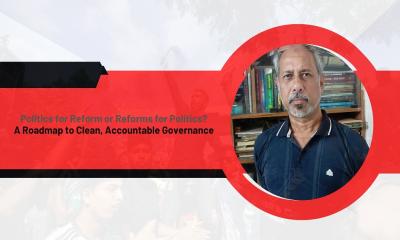


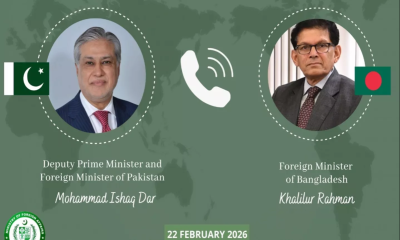
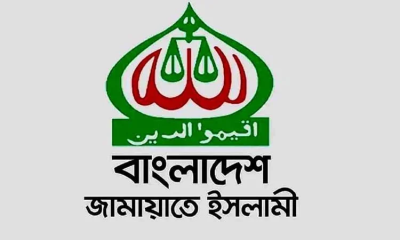
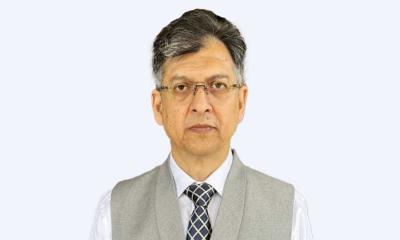



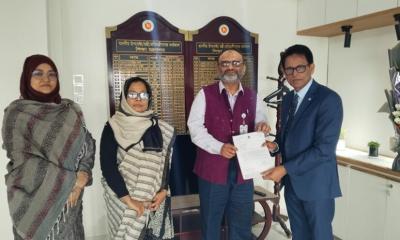
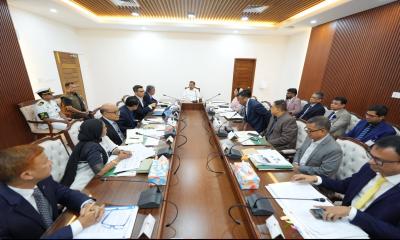

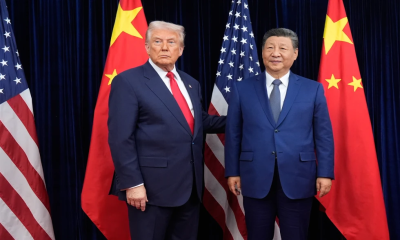
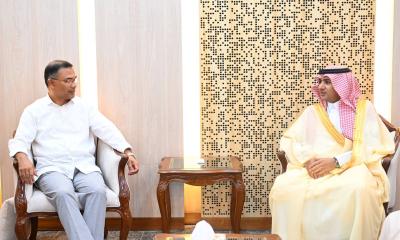
-20260222063838.webp)

















